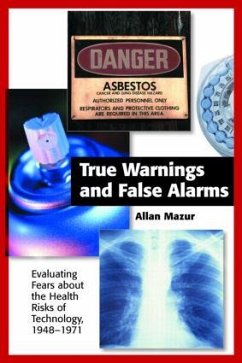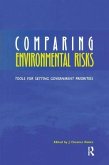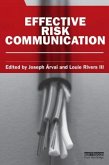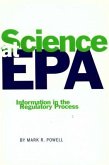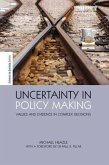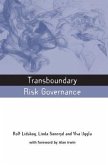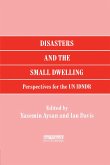Today, there is broad agreement that CFCs destroy stratospheric ozone. On the other hand, research does not support claims that electromagnetic fields from transmission lines cause a noticeable increase of leukemia. But new allegations arise. Are manufactured chemicals in the environment distorting hormonal processes in our bodies? Are genetically modified foods a cause for concern? Addressing one of the most vexing problems in risk policy, Allan Mazur asks how we can tell, at an early stage, how seriously we should take a new warning. To identify hallmarks that could help predict the truth or falsity of an alleged hazard, Mazur analyzes 31 health warnings raised during the 1950s and 60s about diverse technologies including fluoridation, DDT, cyclamate, nuclear weapons testing, and birth control pills. Among his considerations are the initial source of an alarm, the biases held by its "sponsors," and the type of media coverage it received. With 30 to 50 years of hindsight, he identifies characteristics -- apparent from the outset of a controversy -- that most effectively distinguish between true warnings from false alarms. Mazur's findings do not provide certainty about which of today's warnings will prove true and which will prove false. But they do help us to make informed judgments about where it is best and most reasonable to direct our worries and resources.

